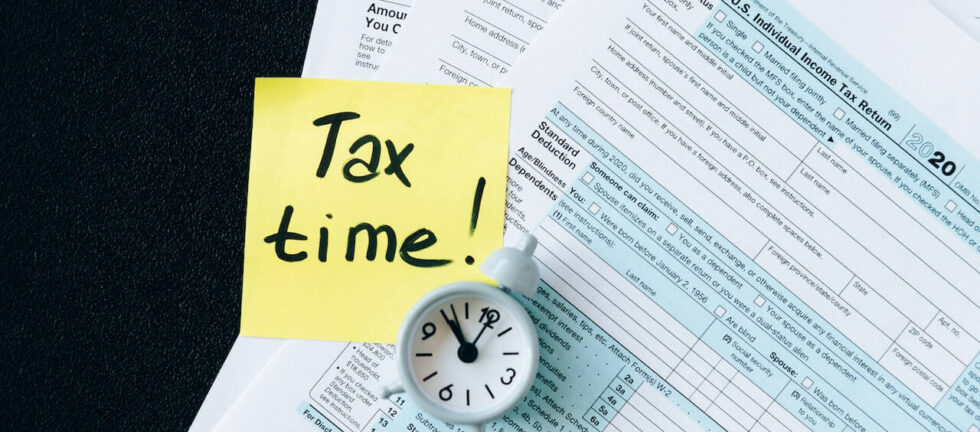What is a tax extension? A tax extension is a request made by taxpayers to extend the filing deadline for their federal income tax return, it also covers paying tax (including estimated tax), and filing tax extension forms. But it doesn’t allow you to give yourself extra time to pay taxes. Furthermore, you can ask the IRS to give 60–120 days, i.e., until October 15, to extend tax filing. The original due date is April 18, and if you take an extension, it can exceed October 15.
However, while an extension gives individual taxpayers & businesses more time to file their returns, many individuals wonder whether it will increase their likelihood of being audited by the Internal Revenue Service.
Before we come to a conclusion, and have an overview of what steps can make the IRS trigger, let’s first discuss such things to avoid any risk. Continue reading the article to learn more about Tax extensions.
What do you need to keep in mind while filing a tax extension?
It’s important to note that an extension does not extend the deadline for paying any taxes owed. If you owe taxes and don’t pay them by the original tax deadline, you may be subject to interest and penalties. So, if you are unable to pay your taxes by the deadline, it’s important to contact the IRS to discuss your options, such as a payment plan or an offer in compromise.
Some examples of red flags include claiming excessive deductions, failing to report all income, and taking deductions for business expenses that are not legitimate.
Furthermore, the IRS uses a computerized system called the Discriminant Information Function (DIF) to predict profitable individual tax return audits. The DIF system uses a mathematical formula to identify returns that are more likely to have errors or inconsistencies that require further review.
The DIF system is based on factors such as your income, deductions, and credits. Filing for an extension does not factor into the DIF system and therefore does not increase your chances of being audited.
Is it safe to file your tax audit after the due date?
The answer is yes; it is safe. Filing for a tax extension does not increase your chances of being audited by the IRS. In fact, the IRS encourages taxpayers to file for extensions if they need more time to gather their tax information and complete their returns accurately.
Is e-filing your tax extension a suitable option?
Yes, e-filing allows you to file your business extension quickly and efficiently. Also, when businesses or individuals file tax extensions electronically, they get an approval message in their mail from the IRS. And you can seamlessly keep track of the status of your filing. Thus, be assured that you apply for a tax extension through an authorized site.
Get more tax guidance
In short, filing for a tax extension does not increase your audit risk. Stay informed about new tax laws and consult with one of our tax professionals if you have specific concerns about your financial situation. For more information about tax practices, contact us today to have a consultation about how to e-file tax return documents and avoid the risk of triggering IRS.
Click here and quickly look at the Extension of Time To File Your Tax Return.



